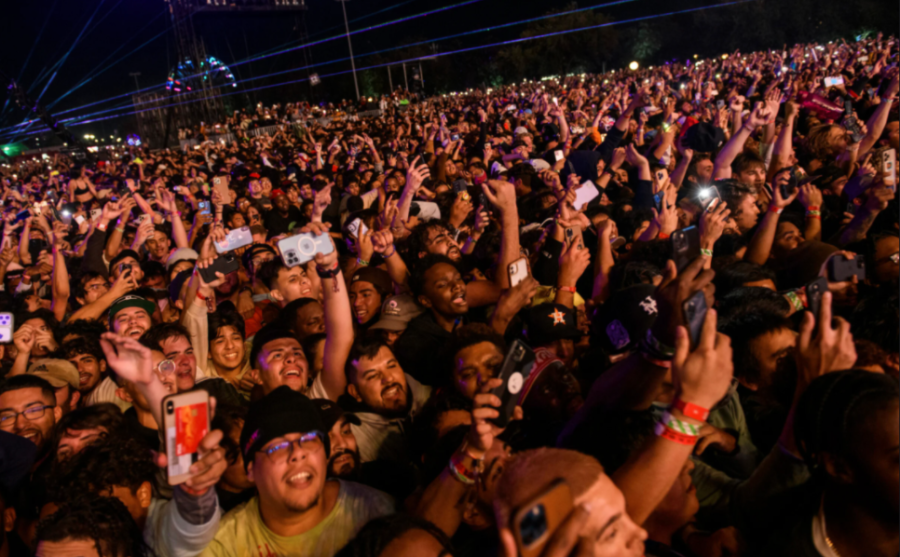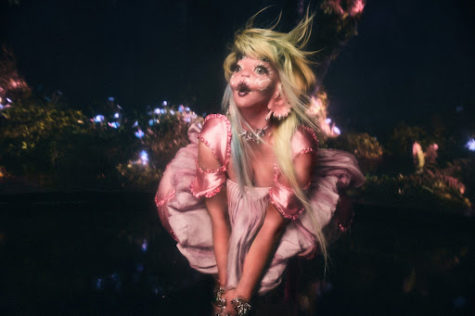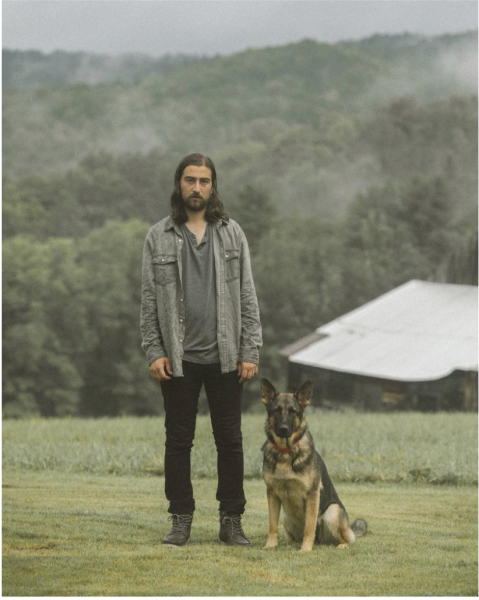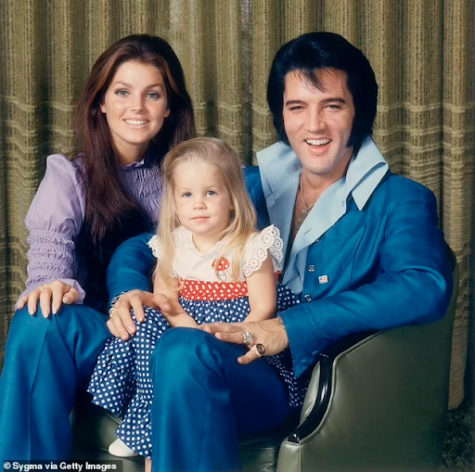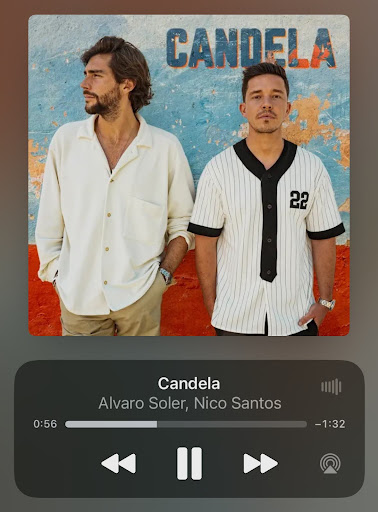An Essential Discussion About Concert Safety
Picture of Travis Scott “Astroworld” Concert
January 12, 2022
The world is shocked by the terrifying trampling that occurred during rapper Travis Scott’s Astroworld Festival. Ten fans died and 300 were injured at this concert, according to The Washington Post and Insider. There was massive overcrowding that led to this tragedy. A detail that is especially disturbing is the fact that the concert continued for almost another hour while three concert attendees were unconscious, and who later died, only sixteen minutes into the show. Unfortunately, this is not the first time such a terrible event has happened.
David Cassidy’s White City Concert in 1974 led to the “first fatality of a pop concert ever.” Due to his announcing his retirement from performing at 24 years old, the White City venue was completely sold out. People gathered outside the arena hoping to see David Cassidy, but when eager fans fainted at the sight of him, they got trampled by thousands of other fans, leading to a 14 year old’s death and hundreds of injured people (I Love Classic Rock). In 1979, a line waiting for admission, which was mostly first-come-first-serve seating, to The Who concert thought the concert had started due to a soundcheck, causing a trampling that left eleven dead. Cincinnati therefore banned first-come-first-serve seating until 2004, when the ban was lifted (Insider). Woodstock 1999 is another prime example of a fun experience turned into a deadly one. Concert attendees rioted, looted, robbed ATMs, destroyed water fountains, and more, turning the concert into a disaster. While no one died, over 1,000 people were injured and 44 arrests were made, including a gang rape case that happened in the middle of the crowd during Limp Bizkit’s set (I Love Classic Rock). In 2000, another tragedy occured at the Roskilde Festival, which is one of the largest music festivals in Europe. Over 100,000 people came to the headliner Pearl Jam’s concert and nine people were crushed to death by a massive stampede of uncontrollable people running up to the stage. Clearly, safety at concerts has been a pressing issue for years, proving that there is a genuine need for stronger safety measures at such large events.
Mr. Wolff, who formerly served as a state police officer and was responsible for security at the PNC Arts Center in Holmdel, shared his thoughts on personal safety in public settings. He advises students at Ramapo to remember the following: “Practice ‘situational awareness’ in your daily lives. Which simply means paying more attention to what is going on around you every minute of the day. Trust your gut and act on your instincts. If you don’t feel comfortable or safe in any situation, act on that feeling without hesitation. Using a concert setting as an example, the best way to avoid danger is to stay on the fringes, well away from the most congested sections of the crowd. Prior to attending the concert ask yourself the following: What kind of people might I expect to be grouped with? Will people be drinking or possibly be consuming illicit drugs? Will it be a family friendly environment or one that is more likely to be a high energy demographic prone to poor decision making and behavior? The answers to the above questions should prepare you so that you aren’t caught off guard or surprised by anything you are confronted with while attending the event. Again, trust your gut. If you find yourself in a crowded situation where you do not feel safe, you should immediately report to security if you can, or get yourself as far away from what is causing you to feel unsafe. Lastly, don’t ever feel pressured by those you are with or those around you to ignore what you are feeling. When you are more situationally aware you are less likely to freeze, panic, or make bad decisions.”
I recently went to the “Harryween” Concert, where the security was good but not great. Admittance into the arena had thorough security, but leaving was hectic and dangerous. Everyone left once the concert ended at the exact same time, which honestly was a fire hazard. Everyone was tightly packed at the escalator down, and it could have easily ended badly. I think concerts in general have an issue with overcrowding. Of course, Travis Scott’s concert had an issue with people sneaking in. The Harry Styles concert had a safe amount of people attend, but the security was nonexistent when the concert ended. Just like Mr. Wolff pointed out, I practiced situational awareness and made sure to pay attention to my surroundings. Security should have been enforcing that, but we should all follow Mr. Wolff’s valuable advice that personal safety regulation is more important than “relying on the venue to keep you safe since we know that may not always be the case.”
